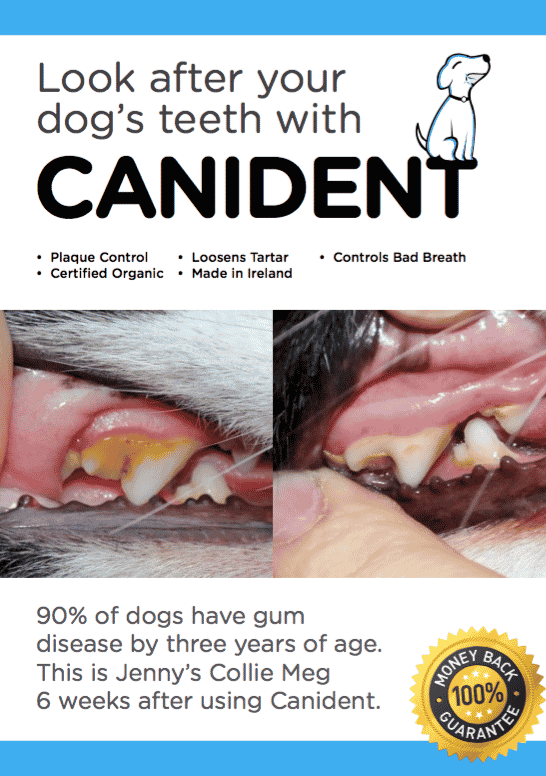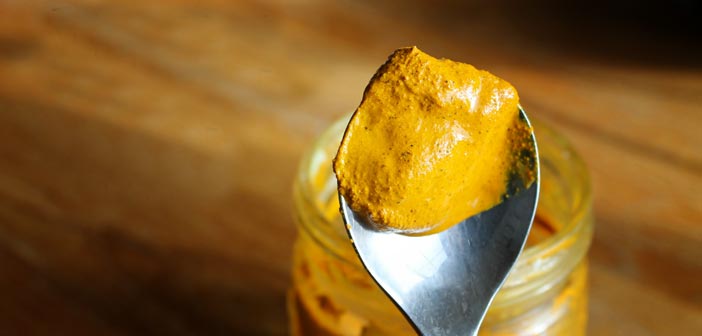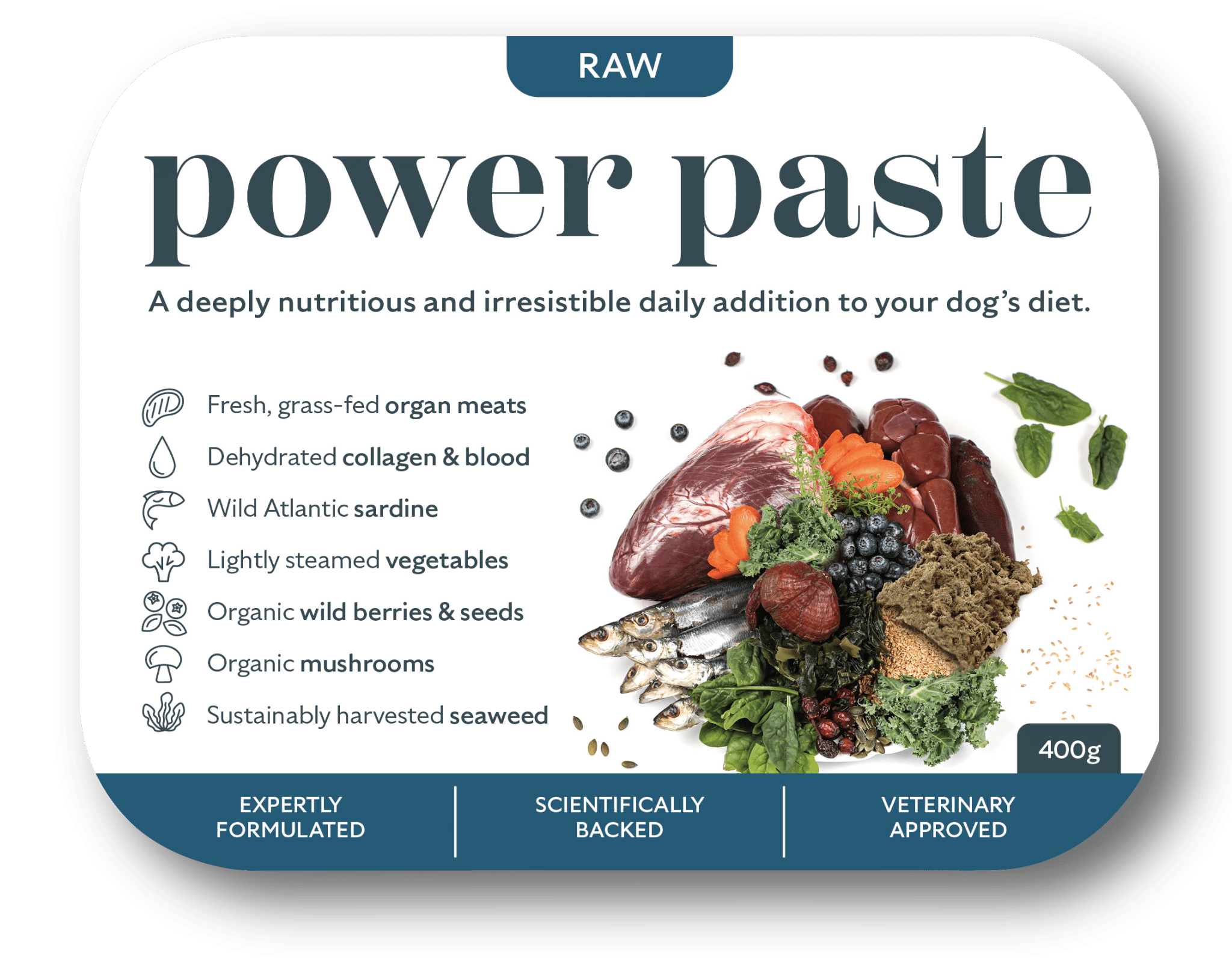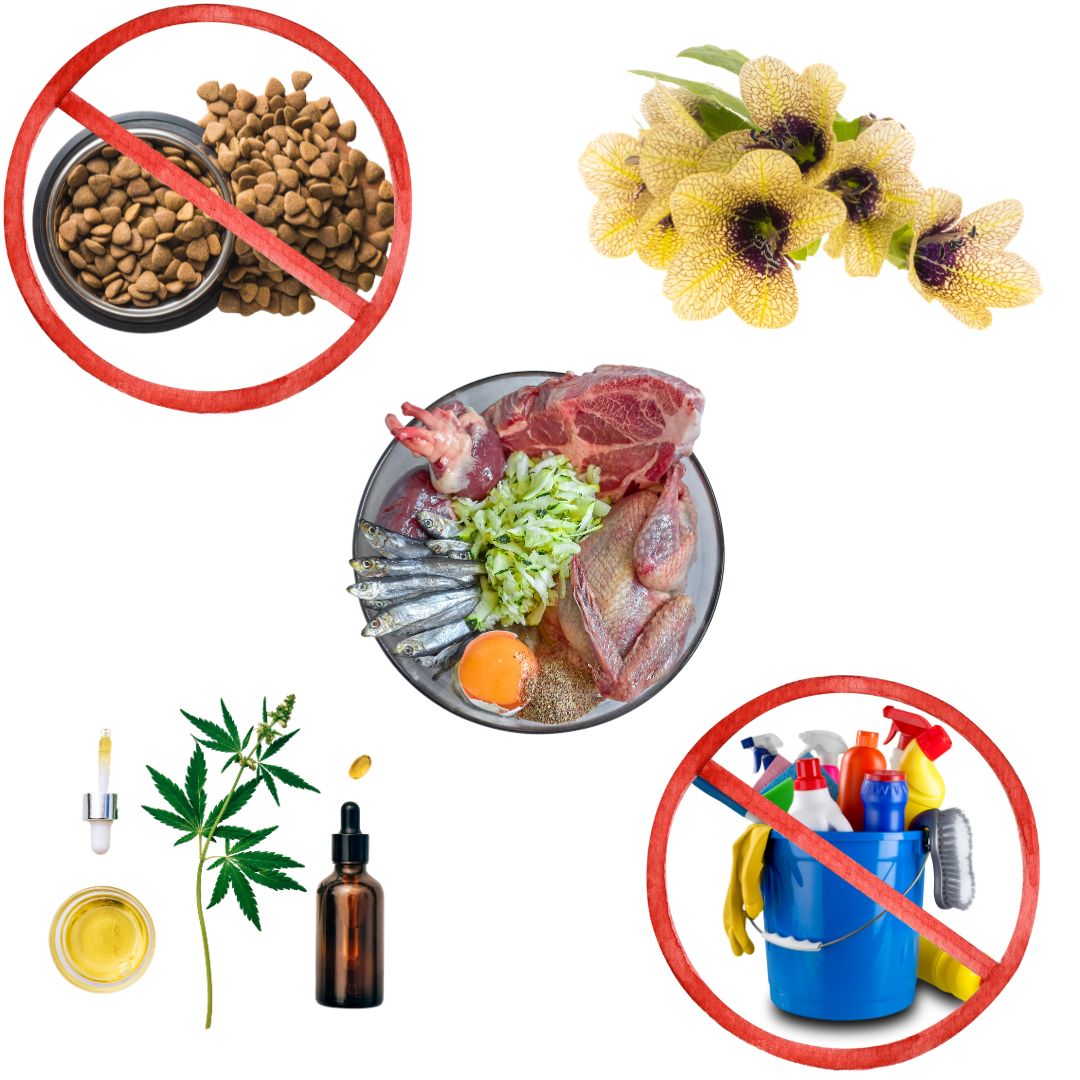The amount of info about turmeric for dogs is incredible. Unlike most herbal remedies, turmeric has a vast amount of high-quality scientific and clinical studies supporting it and testifying to its incredible anti-inflammatory properties.
The primary pharmacological bit in turmeric is called curcumin (that’s the deep orange colour). Clinical research has shown that curcumin is effective in the treatment of all the following diseases in humans (see this Healthline piece for all the references):
- Inflammatory bowel diseases such as Crohn’s and ulcerative colitis
- Cancer prevention (so far breast, colon prostate, lung and leukaemia in children)
- Improved liver function (by inhibiting free radical damage of fats)
- Cardiovascular protection by reducing cholesterol
- Protection against Alzheimer’s and Cystic Fibrosis
We can deduce from these human studies that the same applies in dogs (and tests prove that it does) as of course we test all our human products on dogs because they react in the same way we do. We use turmeric for dogs who suffer inflammation in their joints as well as for those dogs suffering from recurring skin and gut conditions (which are a result of inflammation)
What is turmeric?
Turmeric (Curcuma longa), is an ancient Indian spice and medicinal herb from the ginger family. It is mainly grown in India and the root stalks, known as rhizomes, are bright yellow or orange. In those roots is a high concentration of curcuminoids which provide the health benefits.

That powder stains really badly so do take note folks!
What is golden paste?
Golden paste is a combination of turmeric (either fresh root or powder), black ground pepper and coconut oil. It’s easy to make your own which can be kept in the fridge.
Is turmeric safe for your dog?
As you will learn below, turmeric is incredibly good for you but as they say in medicine – the bigger the front the bigger the back. In other words, the more effective a compound the more potential it has for side effects. Big Pharma know this all too well but turmeric is actually one of the ones to watch in the natural world. Turmeric, when prepared correctly (see Golden Turmeric Paste, GTP, below), is a potent anti-inflammatory. While it is safe for most dogs, you can have too much of a good thing in this regard. If your dog is sick and on meds you need to check with your vet if your dog is taking anti-inflammatory drugs (in which case we don’t recommend giving GTP as well as the drug). GTP is also known to clash with some drugs for diabetes and blood thinners. Finally, turmeric is a warming spice, it may not be good for dogs who seek cold places to be.
Benefits of turmeric for dogs – 4 top uses…
1. Arthritis and turmeric for dogs…
A huge amount of studies exist that extol the benefits of turmeric for arthritis so there is little doubt turmeric can help dogs with arthritis too. Known for its incredible, natural anti-inflammatory properties, turmeric can work miracles and be better and much kinder than many common medications used at this time.
2. Gastrointestinal problems and turmeric for dogs…

Special compounds in turmeric, namely sodium curcuminate and p-tolymethylcarbinol, in case you were wondering, have several protective effects on the gastrointestinal tract including being anti-spasm as well as stimulating the release of various substances from the gut including gastrin, secretin, bicarbonate and pancreatic enzymes. In fact, by considerably increasing gastric wall mucus, turmeric has been used in the past to inhibit ulcer formation caused by stress. A study of turmeric usage on 25 patients with gastric ulcers found it completely healed the complaint half of the patients (with no adverse reactions or blood abnormalities). Curcumin has further been found to reduce mucosal injury in mice with
experimentally induced colitis and even reduced inflammation in rats with artificially-induced pancreatitis.
Turmeric can help dogs with gastrointestinal problems and as we know inflammation is the driver of many diseases in the body. The curcumin in turmeric slows down major inflammatory mechanisms, therefore, being good for IBD and IBS plus other inflammatory problems your pup may have.
Recommended read for gastrointestinal issues in dogs – Allergies in Dogs
3. Turmeric for dogs as an antioxidant…
Turmeric is an infamous antioxidant. Studies show it scavenges free radicals and inhibits peroxidation. This is very good news. An oxidant is something that whizzes around looking for electrons in the body. We don’t like them as their effects are degenerative. They age us, decreasing our longevity. An anti-oxidant, such as vitamin E, is a molecule that doesn’t mind donating an electron (and doesn’t turn nasty when it does).
Turmeric is a very powerful antioxidant and can help slow down ageing and increase longevity. As the root of nearly all diseases, chronic inflammation can be a killer and as cancer in dogs rises every year, as does kidney disease, dental issues, pancreatitis and heart disease to mention a few, turmeric is one of the best natural anti-inflammatories that nature has to offer. All the research suggests that this amazing spice can be called “the spice of life” for a very good reason.
4. Turmeric for dogs and cancer…
Studies have shown that curcumin in turmeric can stop precancerous cells from becoming cancer cells and can actually kill these cells. Curcumin interferes with cancer growth and spread and has been known to reduce tumor size. Turmeric can be a great way to protect your pup from getting cancer.
Is turmeric good for dog skin?

Turmeric is an anti-inflammatory so yes you can expect it to cool off that skin irritation. However, we know a fair bit about skin conditions here and we urge you to read the two articles below to find out the cause of that skin itch or you’ll be forever running around looking for products to try and alleviate this pesky symptom.

Types of turmeric for dogs
1. Raw turmeric
We don’t recommend you give your dog raw turmeric. The good stuff is not readily available to the body. It must be made bioavailable to the body by cooking it up in a carrier oil with an activator, such as black pepper, greatly magnifying its effects.
2. Powdered organic turmeric
Just as with raw turmeric, you cannot expect all the major benefits of turmeric when presenting it in its plain form, raw or powdered. You need to prepare Golden Paste (see below).
3. Golden Paste recipe for dogs
- Prep time: 5-10 mins
- Cook time: 10-12 mins
- Total time: 20-30 mins.
Ingredients:
- ½ a cup of organic turmeric powder
- 1 ½ tsp of freshly ground organic black pepper – Piperine the active ingredient in pepper helps curcumin absorb better into the body. One study showed that by combining curcumin and piperine, the absorption rate of curcumin was increased by around 2000%!
- ¼ cup of organic MCT or organic cold pressed coconut oil – helps with absorption in the body as curcumin is insoluble in water
- 1-2 cups of filtered water
Directions:
- Boil half the water, save the other half in case the mixture is too thick.
- Once boiled, take it off the heat allow to cool slightly
- Add the turmeric powder and stir until the mixture thickens
- If the paste feels too thick, add more water until it is a good consistency.
- When the paste feels right, add the oil and pepper and stir thoroughly
- Allow the mixture to cool.
- When completely cooled, put it into a jar with a lid.
- This can then be put into the fridge and will keep for a couple of weeks.

How much golden paste for dogs?
Every dog is different so we would recommend starting slowly and building up to the recommended amounts. Start by giving your dog the tip of a teasoon and build slow as some dogs may experience diarrhoea if given too much too quickly.
I think a dose of 1/4 of a teaspoon for a 10-15kg dog is fine, maybe 1/2 a teaspoon for 20-40kg dog.
How to give turmeric to dogs
The best way to add turmeric to your dogs diet is golden paste. Alternatively, you can make golden milk (instead of heating in coconut oil you heat in milk!). Dogs definitely prefer it this way. It’s also the best way to boost correct absorption from this super-spice.
Can too much turmeric hurt my dog?
As with all things, never give your dog excessive amounts of turmeric. Some dogs occasionally have been known to get constipation or diarrhoea from too much turmeric but this is unusual to see. Starting with small amounts is the best way folks.












